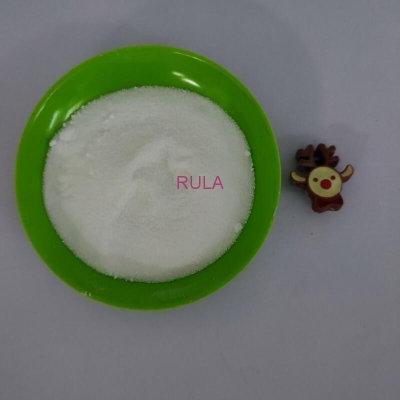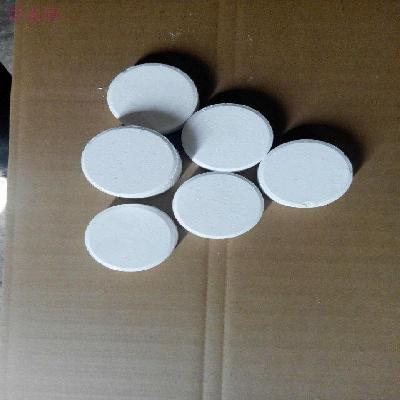-
Categories
-
Pharmaceutical Intermediates
-
Active Pharmaceutical Ingredients
-
Food Additives
- Industrial Coatings
- Agrochemicals
- Dyes and Pigments
- Surfactant
- Flavors and Fragrances
- Chemical Reagents
- Catalyst and Auxiliary
- Natural Products
- Inorganic Chemistry
-
Organic Chemistry
-
Biochemical Engineering
- Analytical Chemistry
- Cosmetic Ingredient
-
Pharmaceutical Intermediates
Promotion
ECHEMI Mall
Wholesale
Weekly Price
Exhibition
News
-
Trade Service
About 38 million people worldwide are infected with HIV.
more than half of all HIV-infected people are women, and most are of childbearing age.
can prevent mother-to-child transmission of HIV through appropriate interventions, mostly combined antiretroviral therapy (ART).
although under adequate protective measures, the fetus escaped HIV infection after birth, but in the fetal mother HIV infection and ART double attack exposure on the development of the fetus will have any impact? A recent study published in the journal Clinical Infection Disease assessed the effects of in-house exposure to maternal HIV and ART on post-birth cardiovascular remodeling patterns.
the study, a forward-looking cohort study, included 34 HIV-exposed but un-infected (HEU) infants and 53 non-HIV-exposed infants evaluated from fetal life to six months after birth.
cardiovascular tests included ultrasound cardiograms, blood pressure, and measurements of the mid-layer thickness (CIMT) of the endometrial of the cervical artery.
THET programme during pregnancy consists of two nucleotide retrovirus inhibitors (Abakave-Ramifding (32.4 per cent), Entourtabin-Tenofove (41.2 per cent) and Zidofding-Ramifding (20.6 per cent).
at 6 months of age, HIV-exposed but uninfed infants showed thickening of the heart muscle wall (average chamber interval thickness of 5.02 mm (SD 0.85) vs. 3.98 mm (0.86)) ;p-lt;0.001) and relative contraction dysfunction with reduced two-tip valve shift (2 tip valve displacement) 8.57 mm (2.03) vs 10.34 nm (1.84) ;p .002) and three-tip flap S' decrease (9.71 cm/s s. 1.94) vs. 11.54 cm/s (2.07) p-0.003) is accompanied by relative contraction dysfunction, which is manifested in the extension of the left aperite iso-comfort period (58.57 ms .13.79) vs. 47.94 (7.39) ;P.lt;0.001).
vascular assessment showed that systolic and lysopressuries were significantly higher than those in the control group (102 mmHg (16.1) vs 80 mmHg (13.9) ;p.lt;0.001 and 64 mmHg (14.4) vs 55 mmHg (10.2) ;p .045 ), 50% of HIV-exposed infants met the criteria for diagnosis of hypertension, compared with 3.77% in the non-;p HIV-exposed group (p.lt;0.001), and the average cervical artery in HIV-exposed infants was thicker (0.62 m .
, subclinical heart damage was observed in infants 6 months of age with a history of in-house HIV exposure, accompanied by elevated blood pressure and thickening of cIMT.
half of them met the criteria for a diagnosis of hypertension.
results suggest that the risk of cardiovascular disease may increase in infants who are not infected with HIV who are exposed to ART in the U.S.







